How to calculate a gas bill - we decipher the jargon to ensure you don’t spend a penny more than you need to
As energy prices rise, here's how to work out what you are spending on gas


Lauren Bradbury
Many people pay their gas bills without a second thought. After all, our energy providers do the hard work for us. But have you ever wondered whether you’re paying the right amount? Well, knowing how to calculate a gas bill can confirm or deny your suspicions.
From joules and calorific values to standing charges and KwH, reading a gas bill is akin to reading a different language. And while we tend to ignore the jargon and numbers in order to keep our houses warm in the winter, it’s hard to ignore that energy bills are increasing at a rapid rate as we head into the colder months. And with more and more people trying to save energy at home, looking at how much you use is crucial if you want to lower your gas bill.
We’ve spoken to experts to create the ultimate guide on how to calculate a gas bill. Below, we’ve deciphered the gas bill jargon you need to know and outlined the numbers you need to focus on to ensure you’re not paying a penny more than you need to.
Why you should know how to understand a gas bill
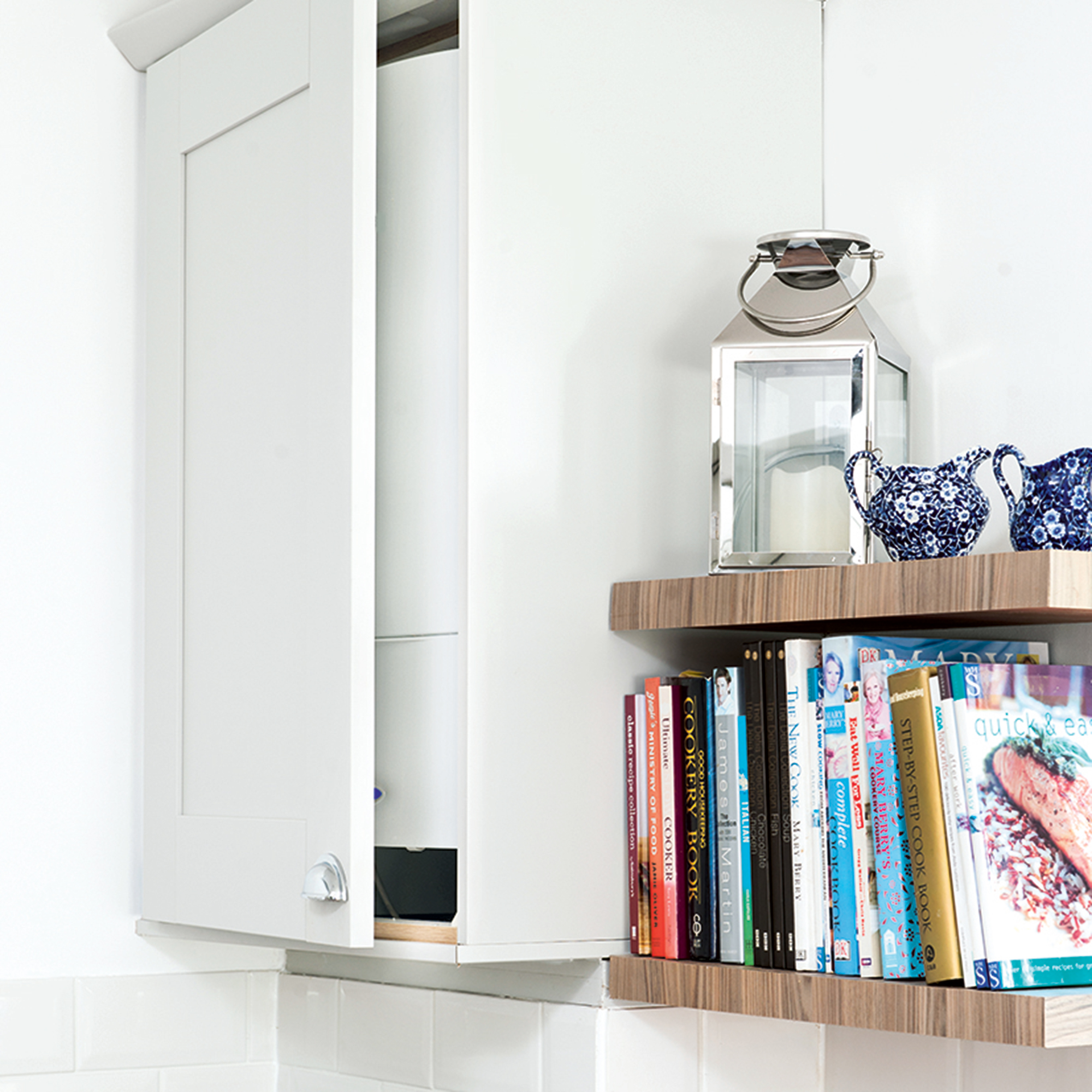
Gas bills can be intimidating, which is why most of us just pay it - and it can be hard to tell if something doesn’t seem quite right. But as Jean Fiddes from E-ON explains, ‘Energy bills and statements contain useful information and it’s really important to understand them.’
Knowing how much gas you use and when you use it can help you determine how much you need to budget for your bills, whether you’re on the right tariff, whether you’re paying in the right way (after all, sometimes it will work in your favour to pay more during the summer to offset higher winter usage), and whether you need to make some changes to bring your energy bills down.
In some cases, understanding your gas bill can force you to make some necessary changes to the way that you use energy at home. Rebecca Armstrong, CEO of Making Energy Greener, says, ‘Your bill will include useful details like your current tariff, including the unit rates, standing charges, and any exit fees. You’ll also find your tariff end date, your chosen payment method, and estimated annual usage on your bill. Use this information when shopping around for a better deal. Don’t hesitate to switch suppliers if you find something more cost-effective.'
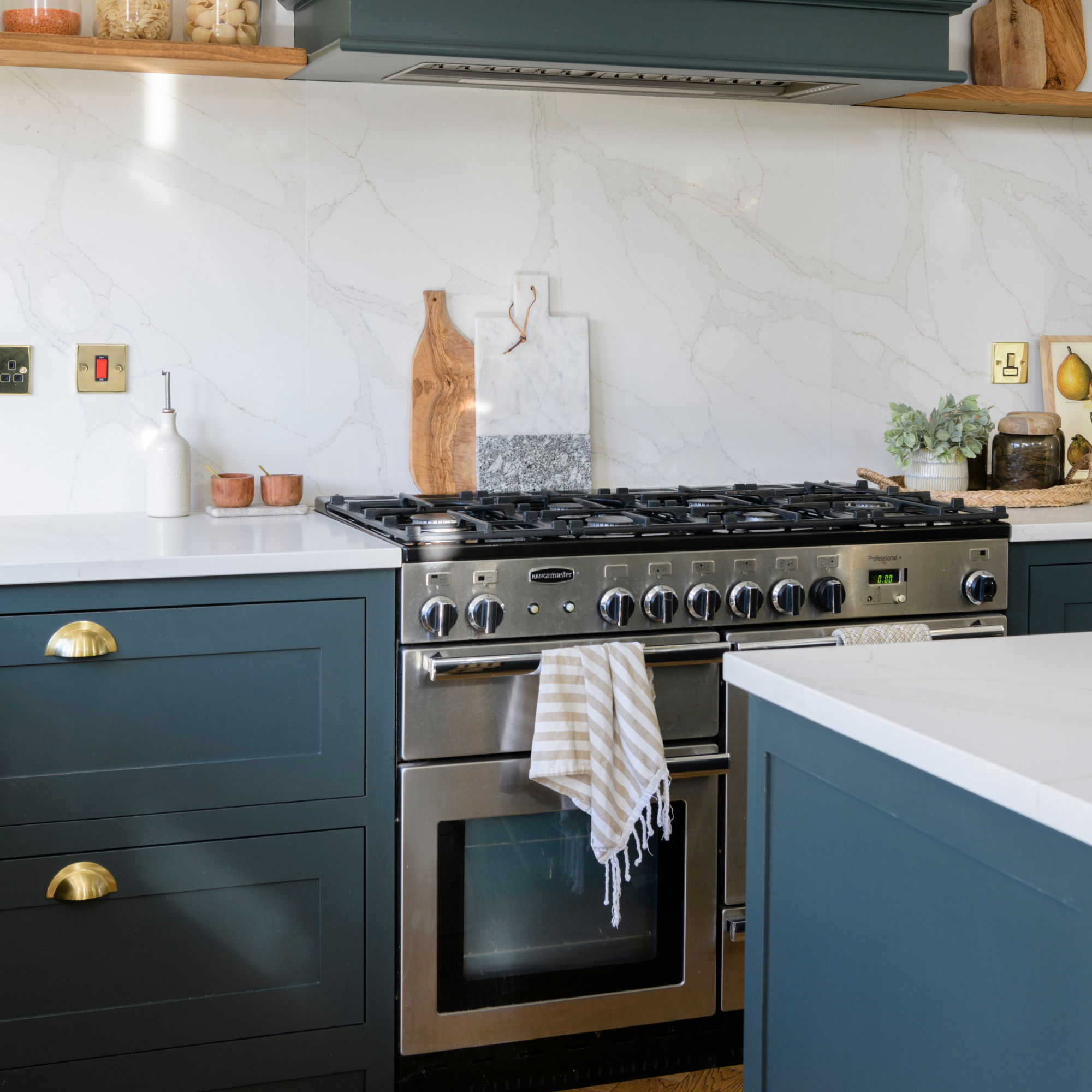
Understanding the terms used to calculate a gas bill
Before getting your calculator out and double-checking the sums and figures on your gas bill, it’s important to understand and decipher the jargon you may find along the way. The key terms to know are:
- kWh: This term is something you’ll see across the energy board, no matter whether you’re calculating your gas bill or how much electricity a lightbulb uses. Bronwyn Huband from British Gas explains, ‘The amount of energy you’ve used is shown in kilowatt hours (kWh). To give you a rough idea, one kilowatt hour is about the amount of energy it would take to boil ten kettles, run a full cycle of your washing machine, or keep your laptop powered for two days.’
- Correction factor: Known errors or uncertain factors can cause issues when it comes to gas, which is where correction factor comes into play. ‘Temperature and pressure cause gas to expand and contract ‘ says Christopher Dalley from EDF. ‘To account for this, we use a correction factor in our calculation. This is fixed and standardised across the industry.’

- Calorific value: Calorific value may seem like something you’d associate with food, but it’s used to calculate a gas bill, too. In short, this is how much heat is given off when gas is burned. Christopher explains, ‘The figure on a customer’s bill is the average calorific value for the gas supplied to your property. Calorific value is measured across the gas pipeline by National Grid in accordance with Ofgem. Industry standard values are then sent onto the relevant suppliers.’ The exact figure will be quoted on your bill as megajoules per cubic metre (MJ/m³).
- Standing charge: A standing charge is applied to gas and electricity and is determined by your gas supplier. This is a fixed cost that everyone has to pay and goes towards the cost of the pipes that supply the gas to your home from the National Grid and the maintenance of these pipes and meters. This charge may change every three months, under the energy price cap, and is not affected by how much gas you use.
How to calculate a gas bill from meter readings
You need to have some information to hand to calculate your gas bill. First, you need your meter readings.
These are essential when checking how much you pay for gas. But how you take these readings will differ depending on what type of meter you have.
Rebecca explains, ‘The first step is understanding what type of gas meter you have. Whether it’s a traditional or smart meter, knowing how it works helps you keep track of your energy use. If you have a traditional meter, I recommend taking monthly readings. Also, keep photographic evidence for your records, which can be helpful in case of disputes with your supplier.
She adds, ‘A smart meter makes things even easier by automatically sending your readings to your supplier. However, it’s always a good idea to double-check that your smart metre readings match the actual metre so you’re not being overcharged.’
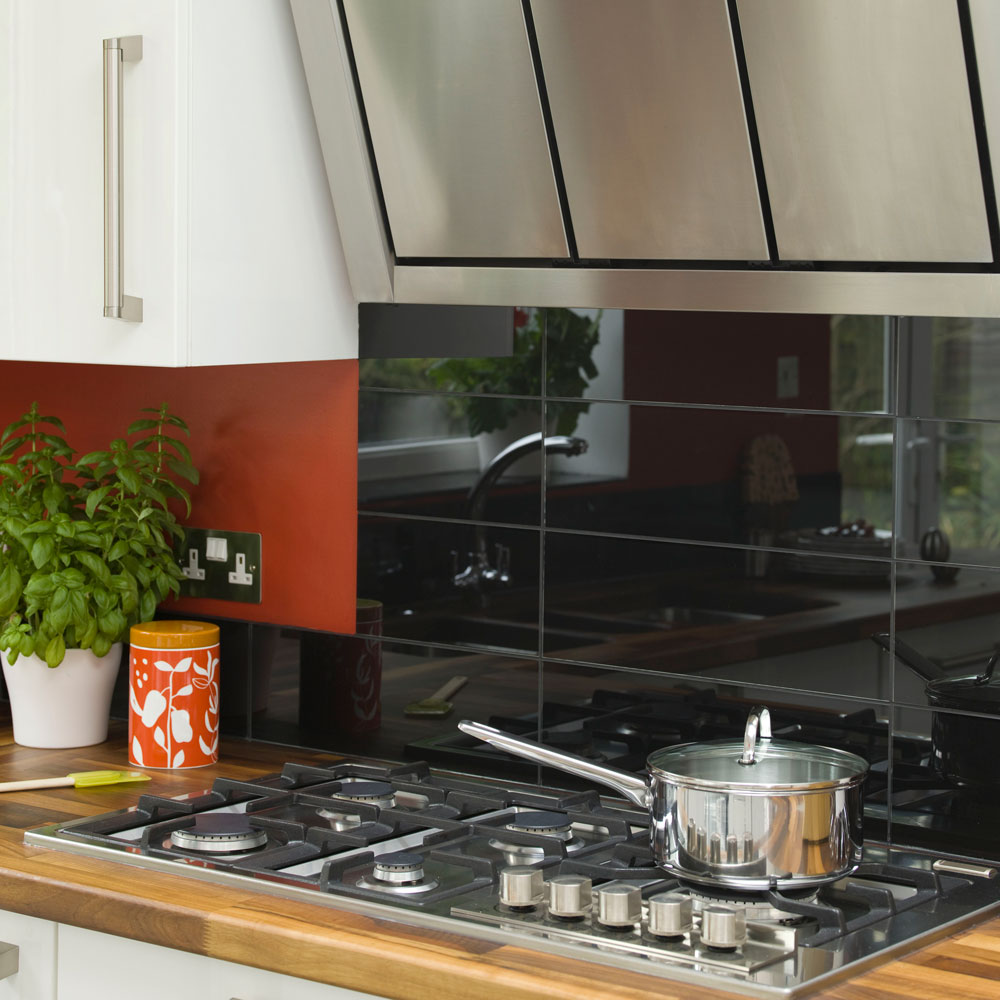
Secondly, you need to find out the amount you pay for each kWh of gas you use. This can be found in the information about your gas tariff. It’s usually quoted in pence per kilowatt hour.
Energy regulator Ofgem reviews and updates this gas price every three months, but you can consult your gas provider for more information and confirmation of this price.
With this information in hand, you can start calculating your gas bill. So, have a calculator and notepad at the ready.
Once you have your meter reading, your meter type and the unit price you’re charged (as outlined above) you’re ready to calculate your bill. ‘It’s the UK standard to calculate energy in kWh.’ says Jean Fiddes from E-ON. ‘To work out your gas bill, convert the usage from your meter into kWh.'
- If your meter measures in hundreds of cubic feet (hcf), take the amount of gas used, shown as 'hcf' on your bill, and multiply by 2.83 to convert into cubic metres (m³).
- If your meter measures in cubic metres (m3), take the amount of gas used, shown with 'm³' on the front of your bill.
- Multiply the m3 figure by a conversion factor of 1.02264, then by the calorific value. Calorific values vary; you should find this on your bill.
- Divide this figure by 3.6 to show your usage in kWh.
- Multiply your usage in kWh by your unit prices to work out your gas charge.
Things to look out for on a gas bill
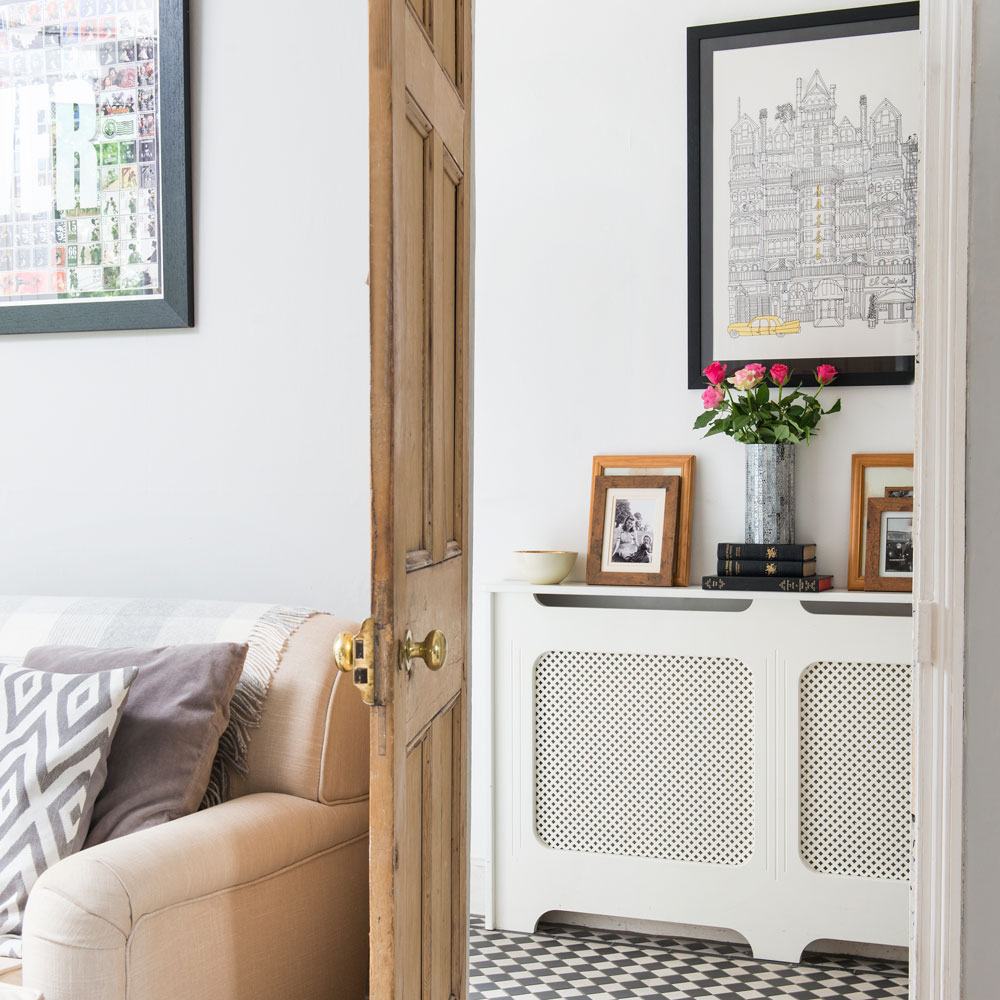
Jean Fiddes from E.ON Next suggests watching out for the following:
- Previous balance: the balance carried over from your last bill.
- Charges: the cost of electricity and/or gas used plus any standing charges.
- Payments: how much you've paid since your last bill.
- Balance: the amount now due for payment.
If you pay by Direct Debit, you'll see a list of monthly payments and the balance shows whether you're in credit or debit. ‘Look out for the meter readings, dates they were taken and the price they pay per kWh as these make up the main part of a bill’ says Christopher Dalley from EDF. ‘For customers who pay by Direct Debit they should also check that any payments made have been listed correctly. Customers can also check that the meter number on the bill matches the one in their home.’
Bronwyn from British Gas adds, ‘It’s good practice to review that the energy tariff on your bill matches what you believe you have signed up to.’ It's also worth keeping an eye on water bills.
FAQs
How much gas do you use in an hour?
This ultimately depends on a few different things, including:
- The appliance, as every gas appliance will have a different kWh.
- The efficiency of your boiler. An older boiler may use more gas, while a newer boiler will be more efficient.
- The size of your house. The bigger the house, the more you’ll use.
- The efficiency of your home. If your home is not well insulated, you will use more gas to heat it.
Because of this, it’s worth keeping an eye on your gas bills and calculating them yourself to ensure they match up what your energy company wants you to pay.
How much gas should I use a month?
Ultimately, this all depends on your usage. But Ofgem has stated that the average UK house - which has 2-3 people living in it - uses, on average, around 1,000 kWh of gas every single month.
This is also based on the assumption that the average household uses a mixture of gas and electricity to power their home.
And while it’s handy to have this number at the ready to compare your own usage, it’s important to note that this number will be higher or lower depending on how many people you have in your home, how big your house is, and even the stage of your boiler. So, take this number with a pinch of salt.
Well, there you have it. That’s how to calculate a gas bill. Hopefully, you should now be equipped to double-check your bills yourself.
Get the Ideal Home Newsletter
Sign up to our newsletter for style and decor inspiration, house makeovers, project advice and more.

Ginevra Benedetti has been the Deputy Editor of Ideal Home magazine since 2021. With a career in magazines spanning nearly twenty years, she has worked for the majority of the UK’s interiors magazines, both as staff and as a freelancer. She first joined the Ideal Home team in 2011, initially as the Deputy Decorating Editor and has never left! She currently oversees the publication of the brand’s magazine each month, from planning through to publication, editing, writing or commissioning the majority of the content.
- Lauren BradburyContent Editor (House Manual)
-
 Who is responsible for repairing a party wall?
Who is responsible for repairing a party wall?How to find out who should be organising and paying for the work
By Natasha Brinsmead
-
 Overcoming limited space and doing away with an awkward layout, this couple created a family kitchen filled with elegant touches
Overcoming limited space and doing away with an awkward layout, this couple created a family kitchen filled with elegant touchesThe symmetrical layout is full of luxurious details
By Holly Reaney
-
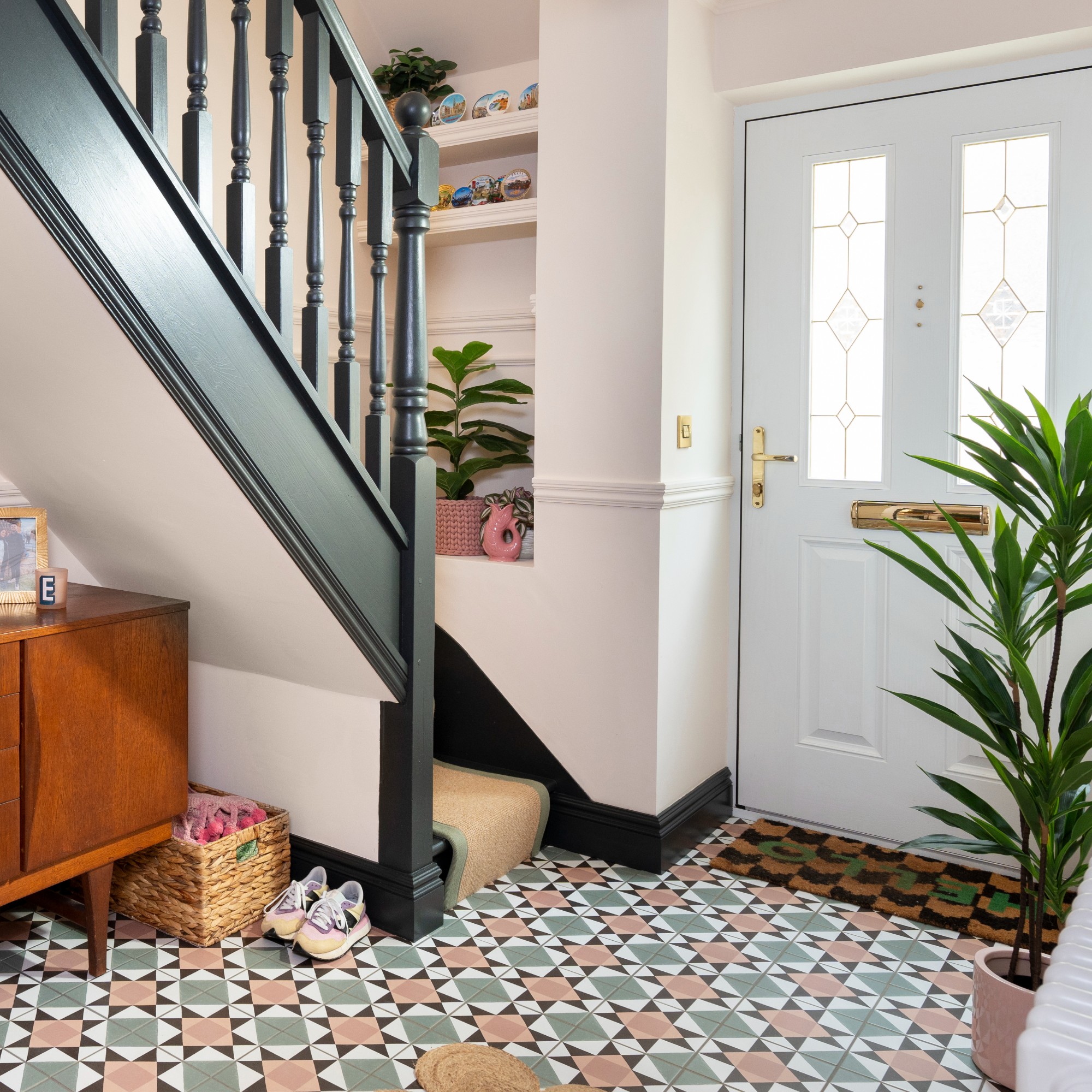 Should your doormat go inside or outside the front door? According to experts I've been getting it wrong for years
Should your doormat go inside or outside the front door? According to experts I've been getting it wrong for yearsExperts reveal the best spot for a a doormat based on your preferences and where you live
By Sara Hesikova
-
 You can claim back over £300 a year from HMRC if you work from home - here’s how to check if you’re eligible
You can claim back over £300 a year from HMRC if you work from home - here’s how to check if you’re eligibleWhen it comes to saving, every little helps
By Kezia Reynolds
-
 Experts have revealed the best day to renew your home insurance policy - you’ll want to do it sooner rather than later
Experts have revealed the best day to renew your home insurance policy - you’ll want to do it sooner rather than laterDon't leave this task at the bottom of your to do list
By Kezia Reynolds
-
 Is a variable rate mortgage ever a good idea? Experts weigh in
Is a variable rate mortgage ever a good idea? Experts weigh inOur money expert explains what a variable rate mortgage is, who they can be good for, and the pros and cons of this kind of mortgage
By Samantha Partington
-
 I’m a first-time buyer, what are my chances of getting a mortgage right now?
I’m a first-time buyer, what are my chances of getting a mortgage right now?And what you can do to increase your odds
By Rachel Wait
-
 Should you ever pay above the asking price for a home?
Should you ever pay above the asking price for a home?Our money expert explains whether you should ever pay over the asking price for a home, especially if house prices fall as predicted
By Samantha Partington
-
 Should I fix my mortgage and how long should I fix for?
Should I fix my mortgage and how long should I fix for?We speak to the experts to find out whether you should fix your mortgage and how long for as well as the impact further interest changes could have on your decision
By Samantha Partington
-
 We put your mortgage questions to two leading experts, here's what they said
We put your mortgage questions to two leading experts, here's what they saidAs mortgage panic continues, we've answered the most common questions - from when mortgage rates will come down, to when you actually have to pay stamp duty
By Samantha Partington
-
 'My mortgage is set to skyrocket - what should I do?' 5 potential solutions from a money expert
'My mortgage is set to skyrocket - what should I do?' 5 potential solutions from a money expertIf you're facing higher mortgage costs, our money expert explains various courses of action you could take to ease the pressure
By Samantha Partington